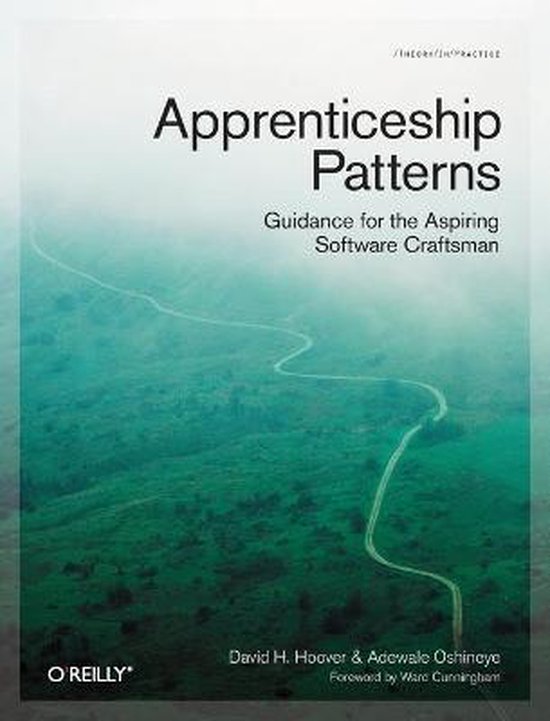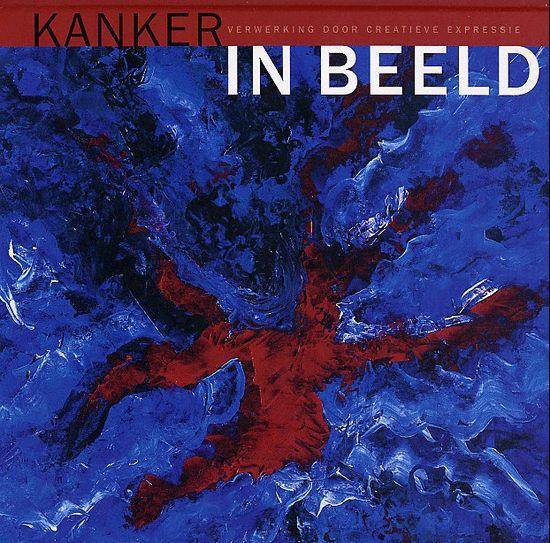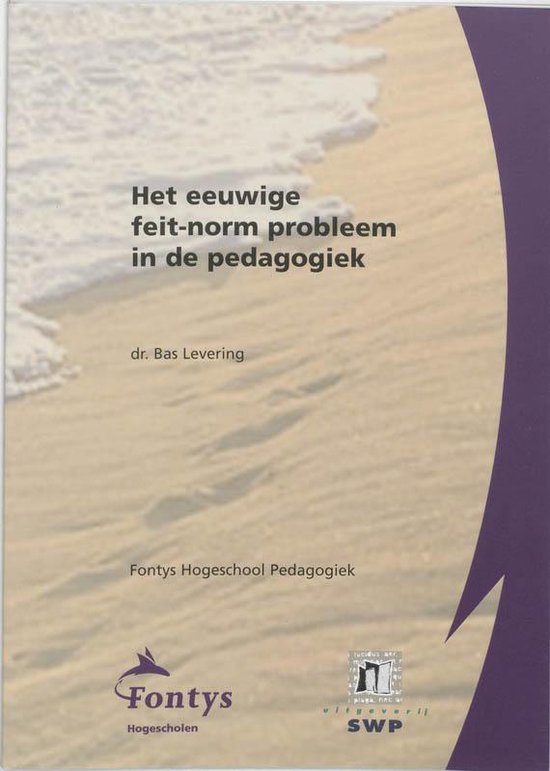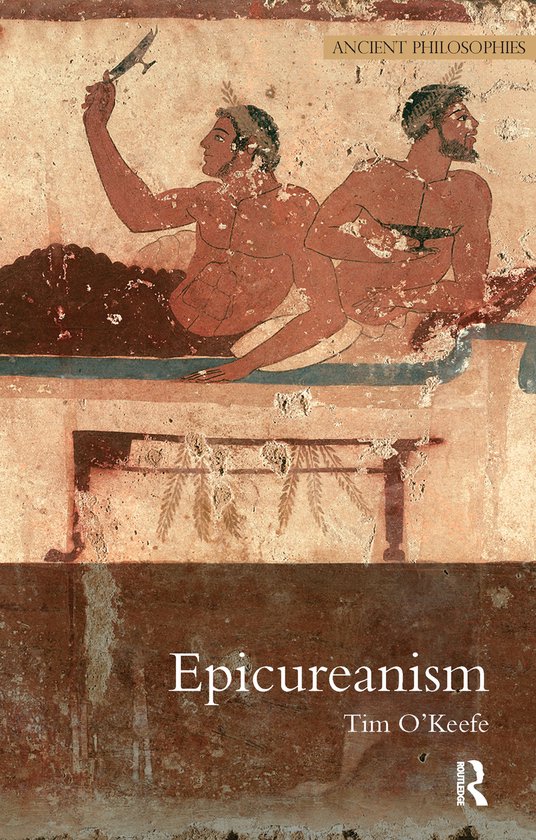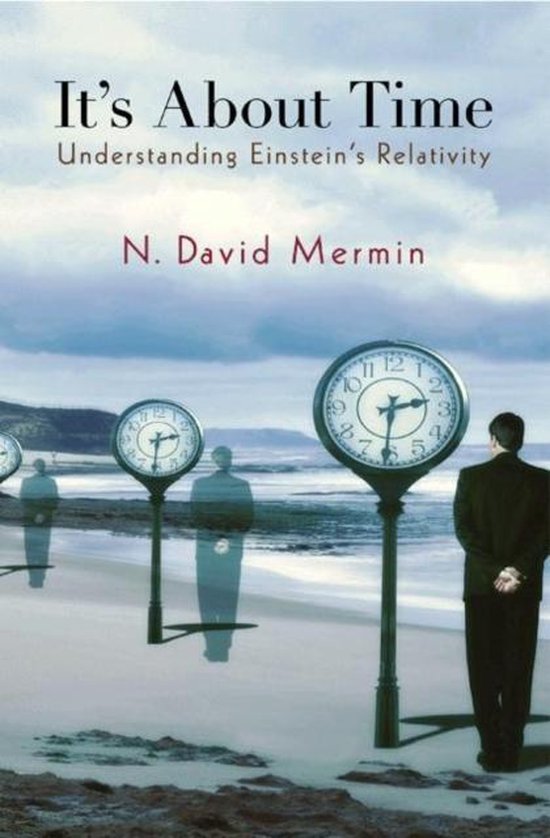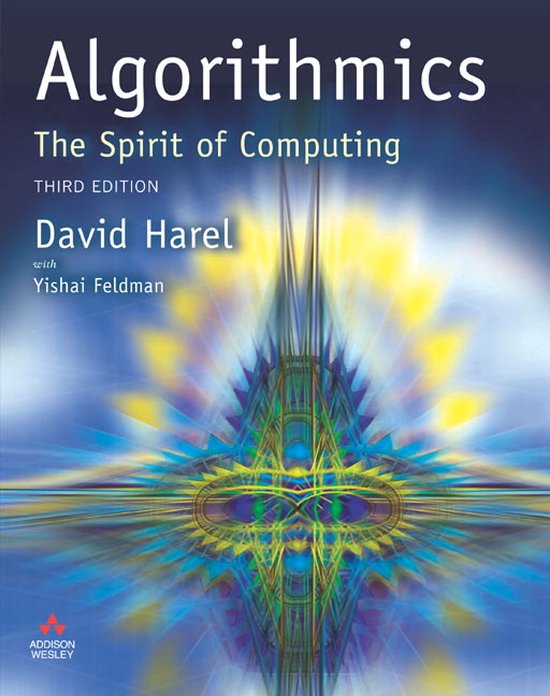
Algorithmics
From a review of the first edition:
‘This book is a veritable tour de force. Harel writes with uncommon verve, clarity and imagination.'
‘Through the use of tantalizing questions and aptly chosen and often amusing examples, the author transmits to the reader the excitement and intellectual satisfaction of computer science research. Without the use of formal mathematics and without any sacrifice of intellectual integrity, he conveys to the general reader the profound principles on which computer science is founded and which hitherto were only accessible in abstruse and esoteric textbooks and papers.'
‘This is scientific writing at its best.'
Dr Stan Scott, Queen's University Belfast. The Times Higher Education Supplement.
This book tells the story of the concepts, ideas, methods and results fundamental to computer science, in a form independent of the details of specific computers, languages and formalisms. It concerns the true 'spirit' of computers; with the 'recipes' that make them tick - their algorithms.
New to this edition
- Chapters on software engineering and on reactive systems.
- Thoroughly revised chapter on programming languages.
- New material on quantum and molecular computing.
- Whole text thoroughly updated to include new material on many topics, including abstract data types, the object-oriented paradigm, primality testing, and system verification and validation.
David Harel is Professor and Dean of the Faculty of Mathematics and Computer Science at the Weizmann Institute of Science. He is renowned for outstanding research in many areas of the field, and has recently been awarded the Israel Prize in Computer Science.
Yishai Feldman is on the faculty of the Efi Arazi School of Computer Science at the Interdisciplinary Centre, Herzliya. He specializes in the use of atificial-intelligence techniques in software engineering and its real-world applications.The best selling 'Algorithmics' presents the most important, concepts, methods and results that are fundamental to the science of computing. It starts by introducing the basic ideas of algorithms, including their structures and methods of data manipulation. It then goes on to demonstrate how to design accurate and efficient algorithms, and discusses their inherent limitations. As the author himself says in the preface to the book; 'This book attempts to present a readable account of some of the most important and basic topics of computer science, stressing the fundamental and robust nature of the science in a form that is virtually independent of the details of specific computers, languages and formalisms'.
| Auteur | | David Harel |
| Taal | | Engels |
| Type | | Paperback |
| Categorie | | Wetenschap & Natuur |
